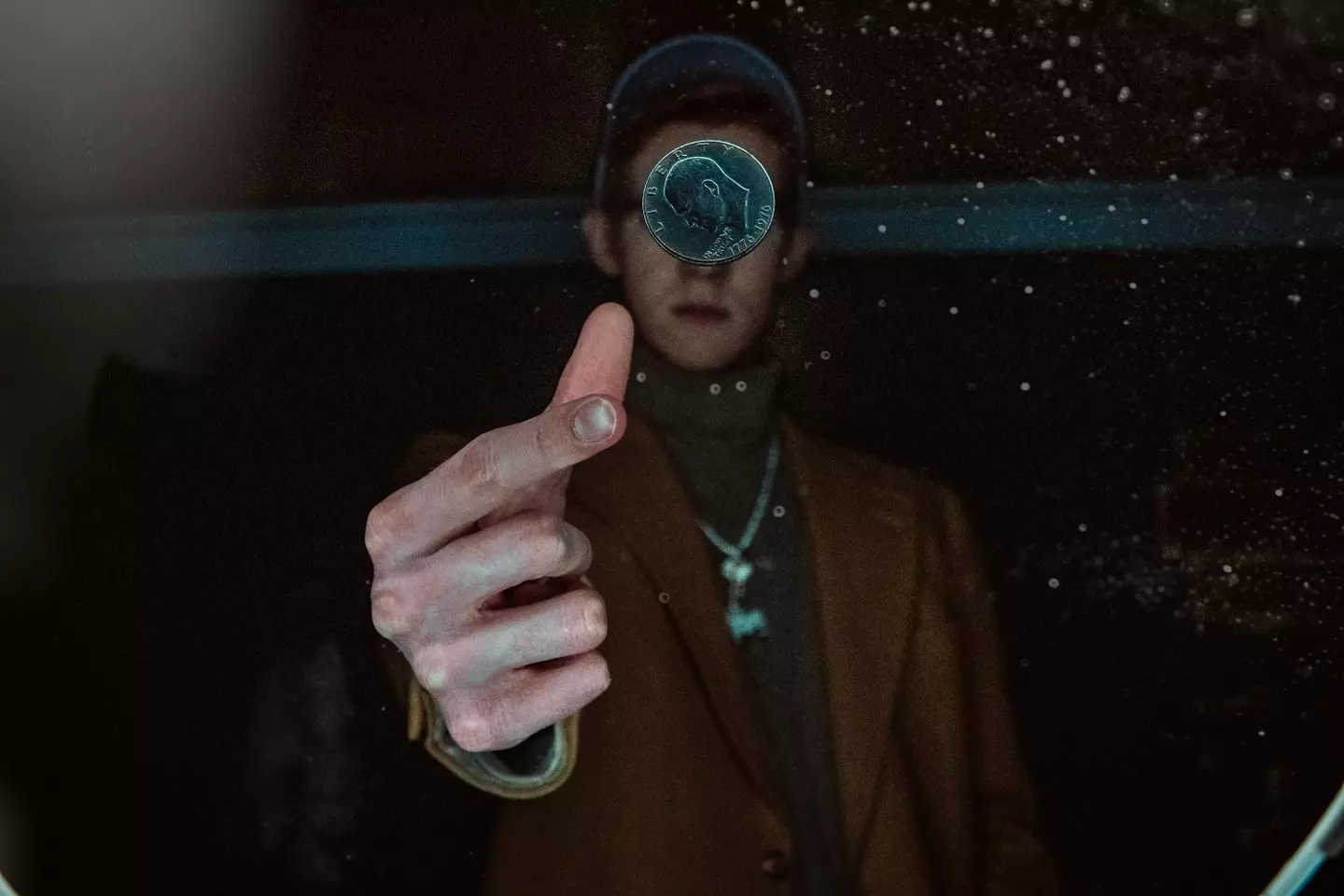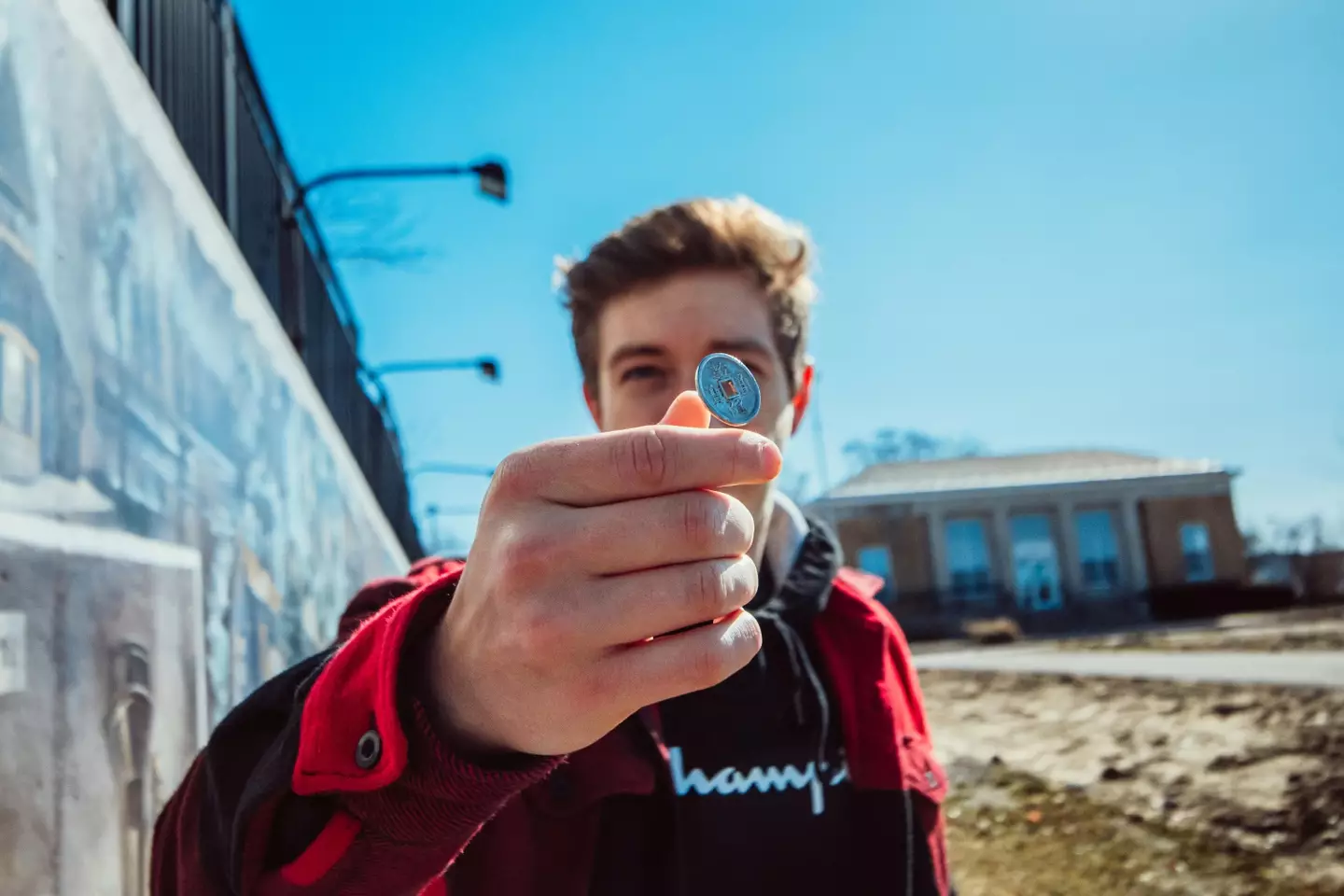.png)
I'm not much of a gambler, but I think it's safe to say that 50/50 odds are pretty good.
With just as much chance of you winning as there is of you losing, people often rely on 50/50 odds to help make decisions - like deciding who's turn it is to take out the trash.
A coin is often used in these kinds of situations, with the theory being that there's an equal chance that it will land on 'heads' as there is that it will land on 'tails'.
Advert
As it turns out, however, that's not actually true. And it's not due to a case of 'heads I win, tails you lose'.
The revelation comes from a preregistered study which recorded the results of 350,757 coin tosses, and suggested that there is in fact a tiny bias involved in the flipping of any coin.
The study involved with 48 people who flipped 350,757 coins from 46 currencies. After all of this flipping, the researchers found that the coins had a 50.8 percent chance of landing on the side that it started on.

This is down to a theory called the Diaconis Model, which the researchers used to claim that coins are more likely to land facing the same way they were when the coin toss began.
Advert
A paper explains: "According to the Diaconis model, precession causes the coin to spend more time in the air with the initial side facing up.
"Consequently, the coin has a higher chance of landing on the same side as it started (i.e., ‘same-side bias’)."
So, because the coin faces the same way more in the air as it did when it started, there is in theory a tiny bias towards that side.

To help put the findings into context, the team continued: "The magnitude of the observed bias can be illustrated using a betting scenario.
Advert
"If you bet a dollar on the outcome of a coin toss (i.e., paying 1 dollar to enter, and winning either 0 or 2 dollars depending on the outcome) and repeat the bet 1,000 times, knowing the starting position of the coin toss would earn you 19 dollars on average.
"This is more than the casino advantage for six-deck blackjack against an optimal-strategy player, where the casino would make $5 on a comparable bet, but less than the casino advantage for single-zero roulette, where the casino would make $27 on average."
So, with this knowledge on your side, why not challenge someone to a coin toss and see if the odds are in your favor?